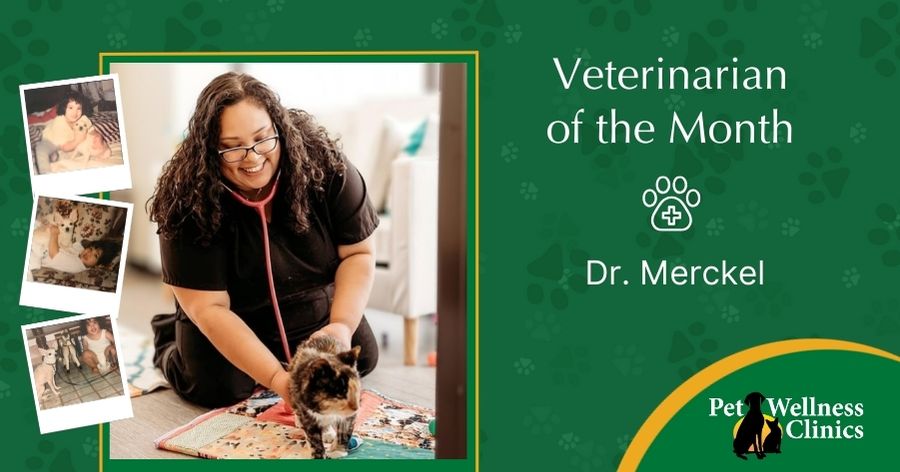If you are an experienced pet owner, you are probably already aware that your pet may not have the freshest breath. In fact, some animals are quite well known for having an unpleasant odor emanating from their mouth. While often the smell is only temporary, and usually eliminated with a quick brush of your pet’s teeth, sometimes the cause of your pet’s bad breath is something a little more sinister. If this is the case, then veterinary attention may be necessary to treat the underlying cause, improve your pet’s health, and to help you and your pet to enjoy a close relationship without bad breath getting in the way!
Causes of bad breath in pets
The best way to eliminate your pet’s bad breath is to discover what is causing it. This is often a process of elimination, although you may need to enlist the help of your veterinarian to get a firm reason for why your pet may have bad breath. Often, the cause is something fairly innocuous, such as eating something they shouldn’t have, like garbage or a deceased animal. Nevertheless, in some instances, there could be a much more serious reason why your pet’s breath stinks.
Some of the dental and medical causes of pet bad breath include:
How you can help improve your pet’s bad breath
Brushing your pet’s teeth is one way that you can help to improve her breath as this will eliminate stinky bacteria from her mouth and reduce the likelihood that she will develop dental decay. When brushing, make sure that you use a veterinary-approved toothpaste since human brands are toxic and could make your furbaby seriously unwell.
Other ways in which you can help improve your pet’s bad breath include:
If your pet has persistently bad breath, call Pet Wellness Clinic today to schedule a dental check-up.


